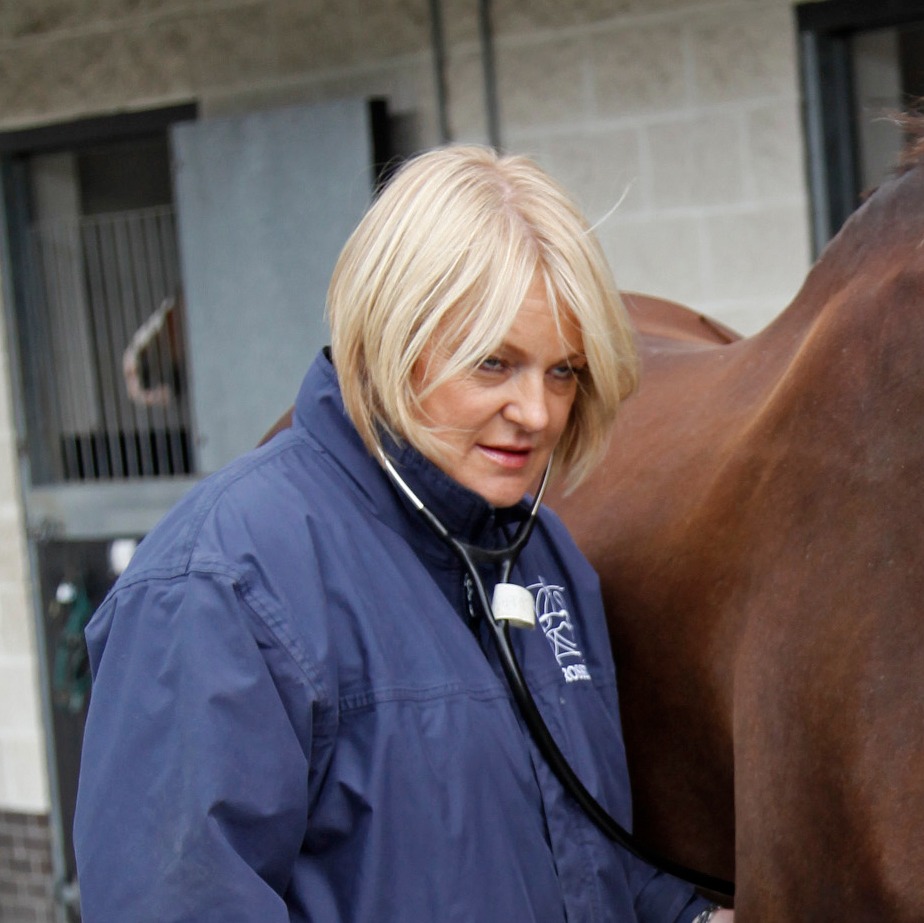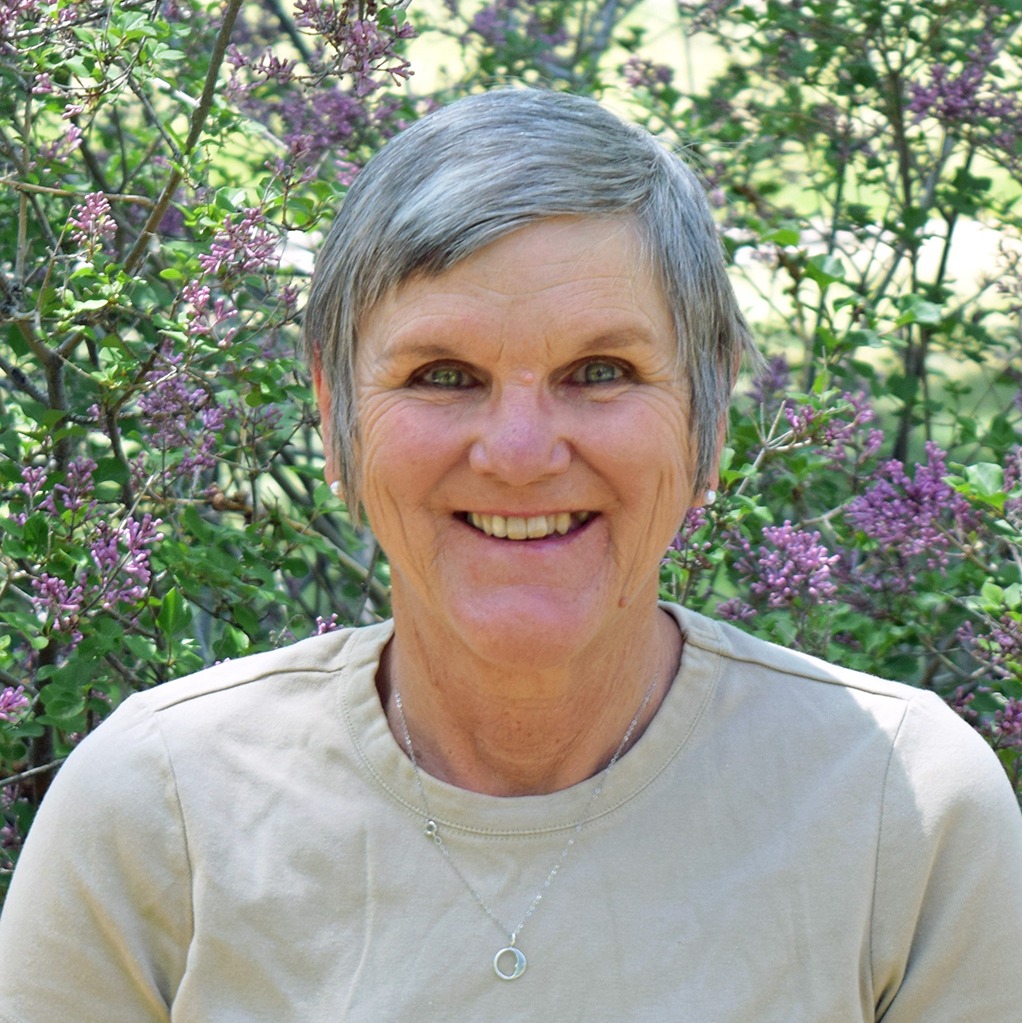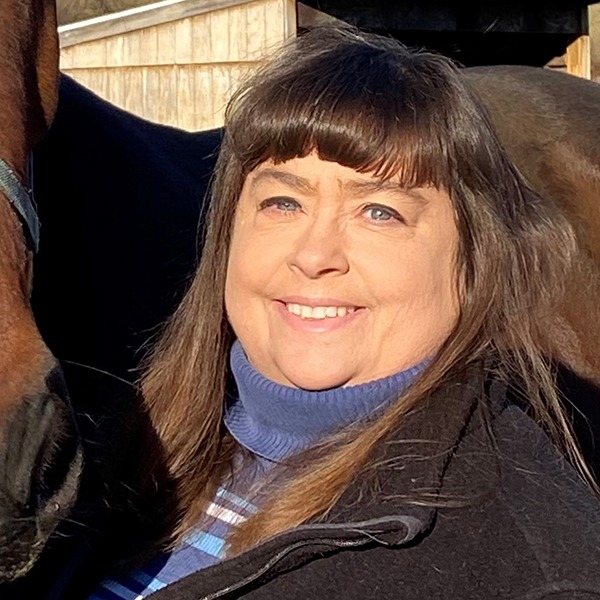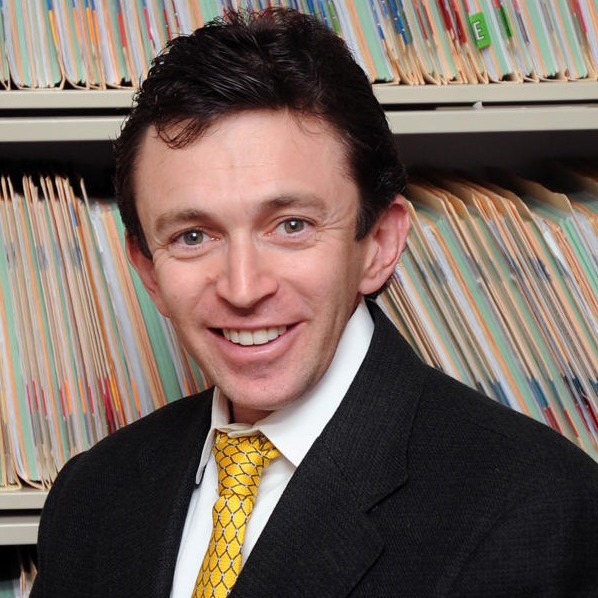Biosecurity in Equine Practice – From the Farm and Event to the Hospital
Species
Equine
Contact Hours
3 Hours
Early Booking Deadline
Sun, 16 July, 2023
Registration Deadline
Fri, 04 August, 2023
Language
English
Discipline
Emergency & Critical Care
Internal Medicine – Endocrinology, Haematology, Infectious Diseases, Parasitology & Oncology
Pathology - Clinical & Gross
Practice/Business Management
Sports Medicine
Industry Partners
Global

Veterinary Partners
Global


Recorded on: 29th August 2023
Panelists:
Katie Flynn BVMS - United States Equestrian Federation, USA
Celia Marr BVMS, MVM, PhD, DEIM, DECEIM, FRCVS - Rossdales Equine Hospital and Diagnostic Centre, UK
Paul Morley BS, DVM, PhD, DACVIM - Texas A&M, USA
Nathan Slovis DVM, DACVIM, CHT - Hagyard Equine Medical Institute, USA
Moderator:
Josie Traub-DargatzMS, BS, DVM, DACVIM - Professor Emeritus at Colorado State University, USA
PANEL DISCUSSION DESCRIPTION
Vaccination is key in reducing the risk of some equine infectious diseases, whilst equine veterinarians play a crucial role in protecting their patients from infectious diseases. The effectiveness of vaccination protocols can be significantly augmented with strategies to reduce the risk of exposure to disease agents through biosecurity practices. For some diseases there is a lack of effective vaccination tools and therefore biosecurity protocols are the most useful avenue for reducing the risk of exposure and disease caused by these agents. Biosecurity protocols rely on a combination of activities that reduce the overall risk of exposure of equids to infectious disease agents in various settings.
An international panel of world-renowned practicing equine veterinarians will provide an overview of the advances in biosecurity practices within the equine hospital setting as well as the role of the veterinarian in providing individualized biosecurity guidance to clients managing farms and equine events. The international panel will share many practically applicable tips and procedures, provide key lessons learned in developing and refining biosecurity protocols, investigating and resolving disease outbreaks and discuss opportunities for improving the level of biosecurity across the equine veterinary and equestrian sector worldwide.
Panel Discussion Registration Process: Once you have registered and upon payment, you will receive the link to access the on-demand recording for a period of 8 weeks. If you wish to receive a Certificate of Attendance after having viewed the webinar, please get in touch with us and we will send it to you electronically.
Celia M Marr graduated from the University of Glasgow in 1985 and her clinical career has focused on Cardiovascular Medicine, Internal Medicine, Intensive Care & Medical Imaging, and she has held positions in the University of Pennsylvania, University of Cambridge and the Royal Veterinary College and worked in racehorse practice in Lambourn. Currently, she is based at Rossdales Equine Hospital and Diagnostic Centre in Newmarket. Celia has published widely on medical disorders of the horse. She is a Diplomate of the European College of Equine Internal Medicine, Fellow of the Royal College of Veterinary Surgeons, Honorary Member of British Equine Veterinary Association, Honorary Professor of the University of Glasgow and Editor-in-Chief of Equine Veterinary Journal..
Dr. Josie Traub-Dargatz received her DVM from University of Illinois in 1977 and her Master’s Degree from Washington State University in 1982. Dr. Traub-Dargatz is a diplomate of the ACVIM. She has been a faculty member at the Colorado State University College of Veterinary Medicine and Biomedical Sciences in the Department of Clinical Sciences since 1983 and is now Professor Emeritus at CSU. Dr. Traub-Dargatz has provided USDA APHIS VS Center for Epidemiology and Animal Health with equine subject matter expertise through an annually renewed agreement. At CEAH, she has lead several equine projects including the National Animal Health Monitoring System Equine ‘98 and Equine 2005 and Equine 2015 studies. Dr. Traub-Dargatz was involved with an epidemiologic investigation of the multi-state Equine Herpesvirus Myeloencephalopathy (EHM) outbreak.
Dr. Katie Flynn was raised on a Standardbred racehorse farm in South Grafton, Massachusetts. She received her undergraduate degree in Animal Science from University of Massachusetts. In 2001, she received her veterinary degree from the University of Glasgow, Scotland. In 2002, Dr. Flynn began her regulatory career with the California Department of Food and Agriculture (CDFA) Animal Health Branch (AHB) where she held several positions including a field veterinarian, livestock health program veterinarian and equine staff veterinarian. While at CDFA, Dr. Flynn participated in numerous equine disease responses including equine herpesvirus-1, equine infectious anemia, equine influenza, equine piroplasmosis and contagious equine metritis. Dr. Flynn is a subject matter expert on equine biosecurity authoring the Biosecurity Toolkit which has been distributed to all 50 states and 12 countries. In June of 2020, she became the Deputy State Veterinarian for the Kentucky Department of Agriculture and in January 2021, she was promoted to State Veterinarian. In March 2023, Dr. Flynn accepted the senion staff veterinarian position with the United States Equestrian Federation to focus equine health, specifically biosecurity and infectious disease control.
Dr. Nathan Slovis is the Director of the McGee Center and a Member of the Practice. He is a native of Annapolis, Maryland. He received his Bachelor of Science from Radford University, Doctor of Veterinary Medicine from Purdue University, interned at Arizona Equine Center and completed his residency in Internal Medicine at the University of California, Davis.
Dr. Slovis has published over 50 manuscripts in both national and international peer reviewed veterinary journals. He is a frequent speaker at many national and international veterinary conferences. He is the Editor of both the Atlas of Equine Endoscopy and The Atlas of Diseases/Disorders of the Foal both distributed by Elsevier. He has also authored numerous book chapters related to Equine Neonatology, Equine Neurology, Hyperbaric medicine, and infectious diseases. He implemented the current Infectious Disease and Equine Emergency Response Programs at Hagyard and holds the position of Infectious Disease Officer and Equine Emergency Response Co-Director. He is also a Certified Hyperbaric Technologist and a Member of the Veterinary Infectious Disease Society.
Dr. Morley is an epidemiologist and veterinary internal medicine specialist that studies infectious diseases affecting animals and people. Major emphasis for his professional activities includes using analytical epidemiology to improve our understanding and control of diseases in animals and people, investigating the ecology of pathogens and antimicrobial resistance determinants in animals and food production systems, and using infection control and biosecurity to manage health risks that are important in veterinary medicine, agriculture, and public health. Most recently he has used metagenomic methods to investigate the effects of agriculture production practices on antimicrobial resistance and microbial ecology as these affect human, animal, and ecosystem health. In 2019, he was appointed the Director of Research for VERO - the Veterinary Education, Research & Outreach Program - in the College of Veterinary Medicine and Biomedical Sciences at Texas A&M University. In this role, he supports the growth of research programs for all VERO faculty, supervises and provides oversight for research staff and laboratories, and promotes research exposure programs for veterinary and undergraduate students. Previously, Dr. Morley served for 20 years as Professor of Epidemiology and the Director of Infection Control at Colorado State University's Veterinary Teaching Hospital. He is a recognized authority on infection control in animal populations and has consulted on infection control and biosecurity issues at veterinary hospitals, veterinary colleges, and animal production facilities around the world.
Qualified Vet
Online Panel Discussion
USD 85.00
Veterinary Student (Requires proof of status)
Online Panel Discussion
USD 35.00
Intern/Resident (Requires proof of status)
Online Panel Discussion
USD 65.00
Vet & Vet. Nurse / Vet. Technician
Online Panel Discussion
USD 65.00
If the options you are looking for are unavailable, please contact us.
No tax will be added unless you are a UK taxpayer
Choose currency at checkout



















